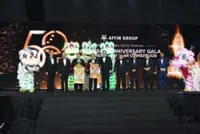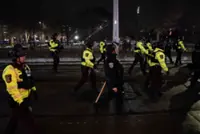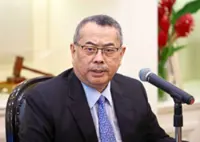Real world: Students immersing themselves in work-based learning at Taylor’s Vortex XR Lab. – Filepic
According to the latest Education Ministry data, only half (50.3%) of the school-leavers in 2021 were interested in pursuing higher education – a massive decline from 2019 and 2020, which saw 65.2% and 64.8% of students continuing their studies, respectively (“SPM holders are continuing tertiary journey”, StarEdu, April 2).
While the debate as to why increasing numbers of “out of school youth” opt to work instead of pursuing higher education rages on, it is pertinent for higher education institutions (HEIs) to ask themselves: How should we respond and remain relevant amid such a disruptive age where technologies and social changes transform the way youth think, work and live? Is there something that needs to be done differently?





